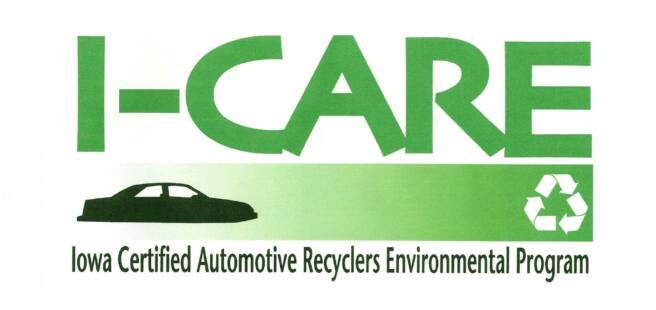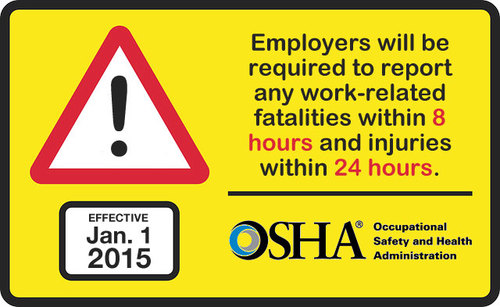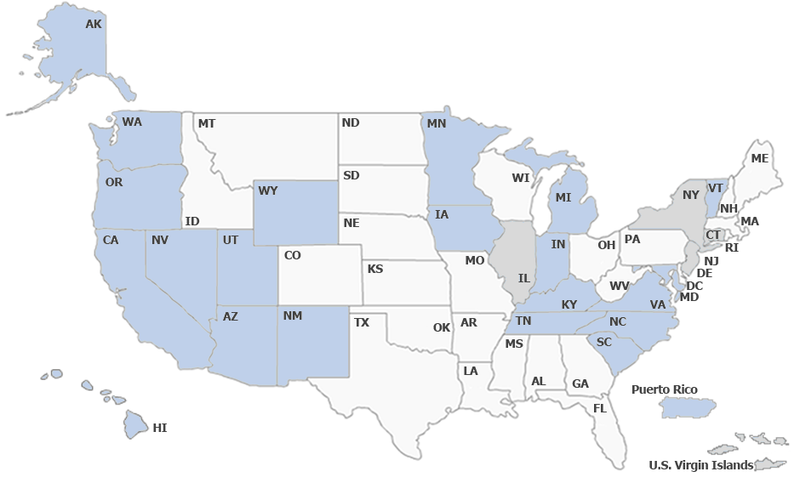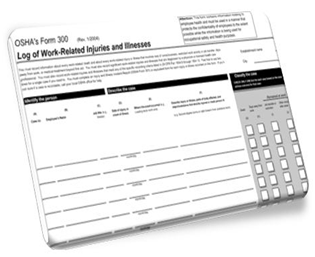MENU
OSHA300
OSHA’s Reporting and Recordkeeping Rule: Summary
The U.S. Department of Labor's Occupational Safety and Health Administration (OSHA) updated the recordkeeping rules for injury and illness data recorded by employers affective January 2015. Information previously recorded and kept on-site in case of inspection now must be reported to OSHA directly or via your state agency.
The final rule will allow OSHA to focus its efforts more effectively to prevent fatalities and serious work-related injuries and illnesses. The final rule will also improve access by employers, employees, researchers and the public to information about workplace safety and health and increase their ability to identify and abate serious hazards.
As of January 1, 2015, all employers must report the following events to OSHA:
• All work-related fatalities within 8 hours.
All work-related fatalities within 8 hours.
• All work-related inpatient hospitalizations, all amputations and all losses of an eye within 24 hours.
All work-related inpatient hospitalizations, all amputations and all losses of an eye within 24 hours.
Employers must report work-related fatalities within 8 hours of finding out about it. Only fatalities occurring within 30 days of the work-related incident must be reported to OSHA. For any hospitalization, amputation, or eye loss employers must report the incident within 24 hours of learning about it.
Recording requirements:
The new rule retains the exemption for any employer with ten or fewer employees from the requirement to routinely keep records. Employers with ten or more employees had generally been using the OSHA Form 300 to record individual injuries or illnesses occurring in the workplace. These incidents were then summarized on the annual OSHA 300A Log for posting in an employee accessible area.
Those processes will remain the same with the addition of reporting an individual incident to OSHA directly or through the state agency such as IOSH in Iowa. Until each state agency has developed a state specific form, IOSH recommends the use OSHA Form 301 to ensure adequate information is being reported per the new regulation.
Contact information for state agencies can be found at: https://www.osha.gov/dcsp/osp/
Facilities located in States under Federal OSHA jurisdiction must begin to comply with the new requirements on January 1, 2015. Facilities located in states that operate their own safety and health programs (State Plan) should check with their state plan for the implementation date of the new requirements.
Where to find more information? For more information about the new reporting requirements and updated industry lists, visit the OSHA’s website has the full announcement: https://www.osha.gov/recordkeeping2014/index.html
The reporting forms: https://www.osha.gov/recordkeeping/RKforms.html - Forms 300, 300A, 301 Excel format does not include instructions [XLS* 150KB]
Requires Microsoft Excel, Excel equivalent.
"OSHA will now receive crucial reports of fatalities and severe work-related injuries and illnesses that will significantly enhance the agency’s ability to target our resources to save lives and prevent further injury and illness. This new data will enable the agency to identify the workplaces where workers are at the greatest risk and target our compliance assistance and enforcement resources accordingly." — Assistant Secretary of Labor for Occupational Safety and Health, Dr. David Michaels
In IOWA employers may make reports required by using at least one of the following methods:
a) Completing the incident report form available at http://www.iowaosha.gov/iowa-osha-enforcement and faxing the completed form to (515)242-5076 or sending the completed form to osha@iwd.iowa.gov;
Completing the incident report form available at http://www.iowaosha.gov/iowa-osha-enforcement and faxing the completed form to (515)242-5076 or sending the completed form to osha@iwd.iowa.gov;
b) Calling (877)242-6742; or
Calling (877)242-6742; or
c) Visiting 1000 E. Grand Avenue, Des Moines, Iowa.
Visiting 1000 E. Grand Avenue, Des Moines, Iowa.
The Iowa compliance date for reporting under the new rule was January 14, 2015.
In TEXAS and other states without state programs (in white or gray on the map) employers reporting directly to OSHA have three options for reporting the event:
You can report to OSHA by
 Calling OSHA's free and confidential number at 1-800-321-OSHA (6742).
Calling OSHA's free and confidential number at 1-800-321-OSHA (6742).
 Calling your closest Area Office during normal business hours.
Calling your closest Area Office during normal business hours.
 Using the new online form.
Using the new online form.
1) By telephone to the nearest OSHA Area Office during normal business hours.
By telephone to the nearest OSHA Area Office during normal business hours.
2) By telephone to the 24-hour OSHA hotline (1-800-321-OSHA or 1-800-321-6742).
By telephone to the 24-hour OSHA hotline (1-800-321-OSHA or 1-800-321-6742).
3) OSHA is developing a new means of reporting events electronically, which will be released soon and accessible on OSHA's website.
OSHA is developing a new means of reporting events electronically, which will be released soon and accessible on OSHA's website.
The Federal compliance date for reporting is January 1, 2015.
Contact information for state agencies can be found at: https://www.osha.gov/dcsp/osp/
===================================================================
Reminder:
Post the OSHA 300 A Log (summary)
February 1 until April 30th each year.
Those processes will remain the same with the addition of reporting an individual incident to OSHA directly or through the state agency such as IOSH in Iowa.
In IOWA employers may make reports required by using at least one of the following methods:
Completing the incident report form available at http://www.iowaosha.gov/iowa-osha-enforcement and faxing the completed form to (515)242-5076 or sending the completed form to osha@iwd.iowa.gov;
Calling (877)242-6742; or
Visiting 1000 E. Grand Avenue, Des Moines, Iowa.
The Iowa compliance date for reporting under the new rule was January 14, 2015.
* The FORM IS NEW *
In TEXAS and other states without state programs, employers reporting directly to OSHA can use the new online reporting feature:
Serious Event Reporting Online Form
https://www.osha.gov/pls/ser/serform.html
Or any of the previously acceptable options:
By telephone to the nearest OSHA Area Office during normal business hours.
By telephone to the 24-hour OSHA hotline (1-800-321-OSHA or 1-800-321-6742).
The Federal compliance date for reporting is January 1, 2015.
Contact information for state agencies can be found at: https://www.osha.gov/dcsp/osp/
OSHA300






